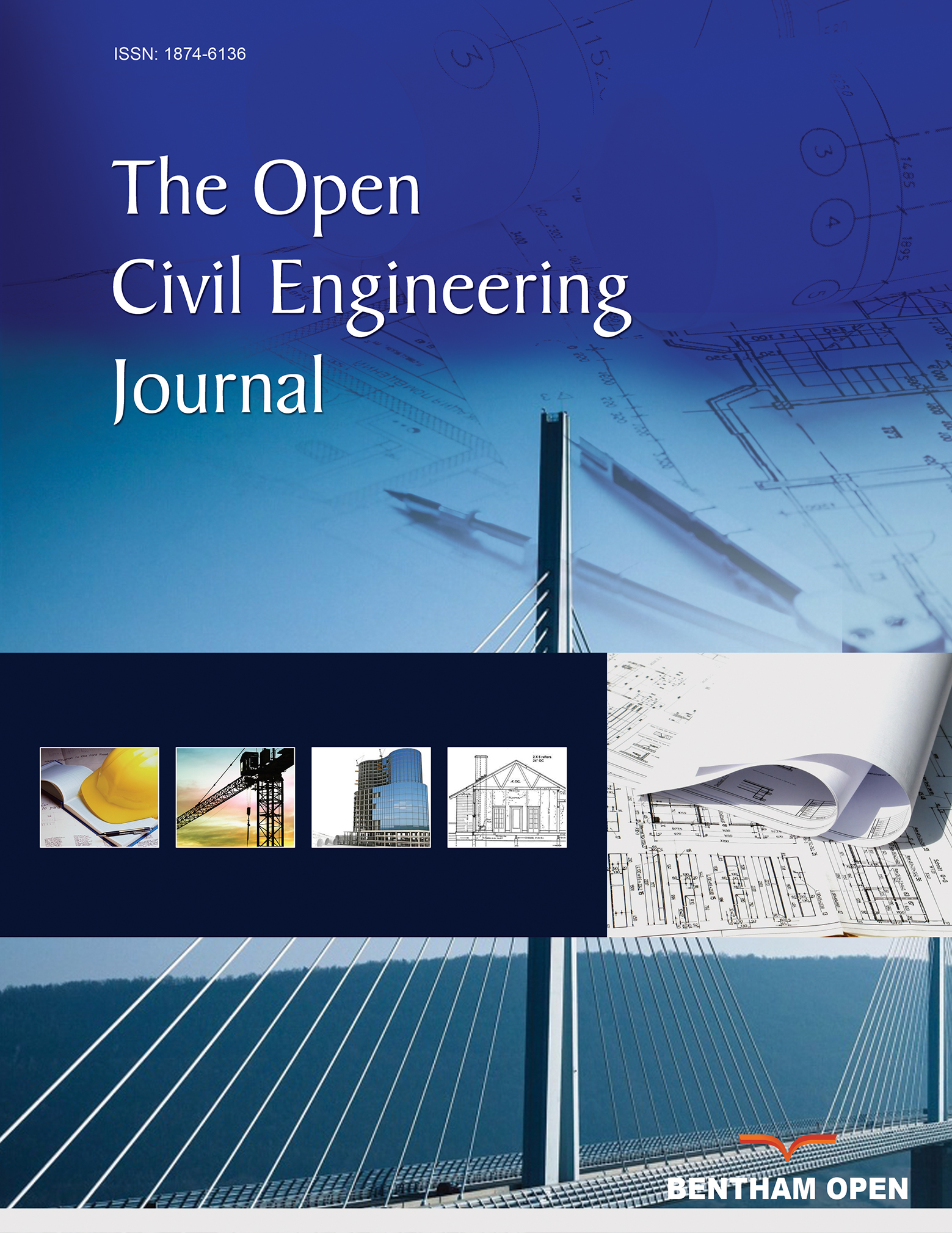All published articles of this journal are available on ScienceDirect.
The Effect of Cassava Starch on the Durability Characteristics of Concrete
Abstract
Background:
Concrete is a common material used in the construction of marine structures, such as bridges, water treatment plants, jetties, etc. The use of concrete in these environment exposes it to attack from chemicals like sulphates, chlorides and alkaline, thereby causing it to deteriorate, and unable to perform satisfactorily within its service life. Hence, the need to investigate the durability properties of concrete has become necessary especially when admixtures are used to modify some of its properties.
Objective:
This research work investigates the effect of Cassava Starch (CS) on the durability characteristics of concrete.
Methods:
The durability properties investigated in this work are water absorption, sorptivity, resistance to sulphates, sodium hydroxides and chloride penetration. The specimens were prepared by adding CS by weight of cement at 0.4, 0.8, 1.2, 1.6 and 2.0% respectively. The concrete specimens were cured for 28 days, tested for compressive strength before ponding in ionic solutions of sodium hydroxide, sulphuric acid and sodium chloride. Six (6) concrete mixes were prepared, five of which were used to evaluate the effect of CS on the durability characteristics of concrete.
Results:
The slump values reduced with the increasing dosage of CS due to the viscous nature of the CS paste. Generally, the addition of CS in concrete tends to improve the resistance of concrete to sulphate and chloride attack due to the ability of the muddy-like starch gel to block the pore spaces of hardened concrete, hence, reduces the rate at which water and other aggressive chemicals penetrate the concrete. In addition, the retarding ability of CS impedes the formation of mono-sulphate aluminates during cement hydration, thereby making the concrete less susceptible to sulphate attack.
Conclusion:
The addition of CS to concrete by weight of cement generally improved the durability characteristics of concrete, while the relative performances of the concrete mixes showed that CS 2.0 gave a better resistance to chloride penetration and sulphate attack.


